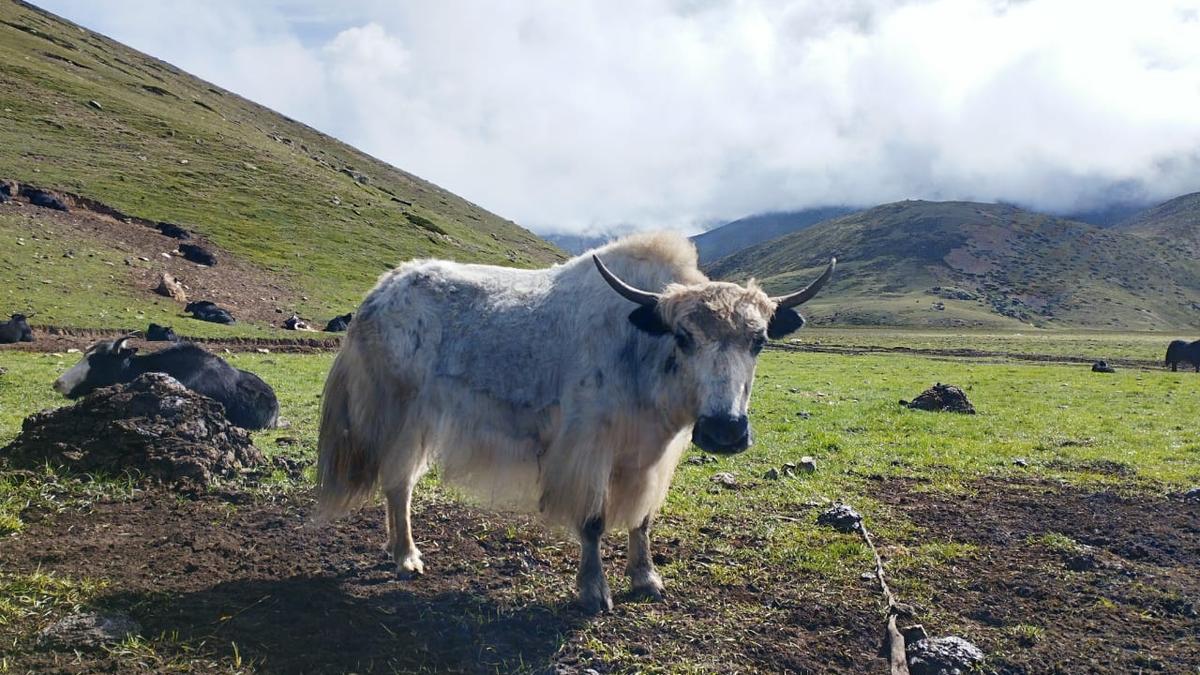India assembles first Chromosome-Level Genome of the Yak

- 16 May 2025
In News:
India has achieved a significant breakthrough in livestock genomics with the successful assembly of the first-ever chromosome-level genome of the Indian yak (Bos grunniens). The initiative was led by the Indian Council of Agricultural Research (ICAR) through collaboration among four of its premier institutes.
Key Institutions Involved:
- ICAR-National Research Centre on Yak (NRC-Yak), Dirang, Arunachal Pradesh
- ICAR-Indian Institute of Agricultural Biotechnology (IIAB), Ranchi
- ICAR-Central Institute for Research on Cattle (CIRC), Meerut
- ICAR-Central Institute for Research on Cattle (CIRC), Nagpur
Importance of the Indian Yak:
- Known as the “Ship of the Himalayas,” the domestic yak is crucial to the livelihoods of high-altitude pastoral communities.
- Provides meat, milk, fibre, dung for fuel, and is used for transport in rugged terrain.
- Found at elevations above 7,000 feet in regions like Ladakh, Sikkim, Himachal Pradesh, Arunachal Pradesh, and Jammu & Kashmir.
- Exhibits extraordinary cold tolerance, making it a valuable model for studying climate adaptation.
Scientific Achievement:
- Researchers used long-read sequencing technology and advanced bioinformatics tools to develop a chromosome-level genome assembly.
- This allows precise gene mapping, facilitating identification of genes related to:
- Cold tolerance
- Disease resistance
- Milk and meat quality
- Reproductive traits
Benefits and Applications:
- Conservation: Helps counter threats like genetic erosion, climate change, and loss of grazing lands.
- Livestock Improvement: Enables targeted breeding programs for improved productivity and adaptability.
- Scientific Research: Offers comparative insights into bovine genetics and facilitates allele mining for key traits.
- Sustainable Development: Aids in the socio-economic upliftment of yak herders by improving livestock performance.
About ICAR-NRC on Yak:
- Established in 1989, located in Dirang, Arunachal Pradesh.
- Premier institution for research on yak husbandry, health, nutrition, and genetics.
- Works to preserve the unique genetic resources of Himalayan livestock.
